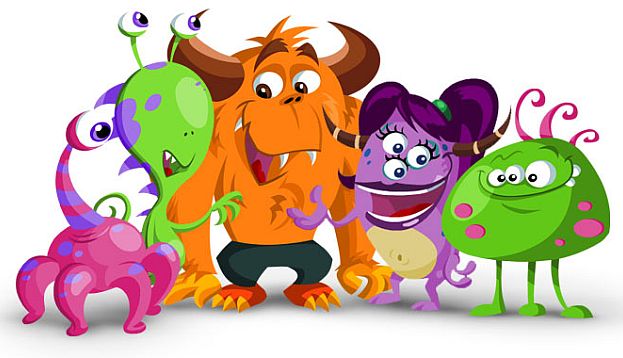Wooga is the number three publisher of social games, after King and Zynga, according to AppData. The company is rapidly transitioning from social to mobile, and now reports that nearly half of its revenue is derived from mobile versions of its games. Wooga has a monthly audience of 50 million users, and like many social and mobile publishers, it is looking for the best way to leverage that audience. The answer that Wooga and others have arrived at is publishing.
The [a]list daily spoke to Wooga’s COO, Jan Miczaika, recently about Wooga’s foray into publishing with Tactile Entertainment’s game Airheads Jump. “Wooga is first and foremost a game developer, but what we’ve seen having developed a lot of games is that we’ve built internal resources,” said Miczaika. “We treat Tactile Entertainment like any other game team. They get our full marketing support as well as a ton of feedback. For instance, Jelly Splash will be out in 22 languages, and this is something a smaller developer cannot do.”
This seems to be an inevitable evolution for developers as they gather a large audience, and as the vast majority of mobile developers continue to struggle to find an audience. Why not pick some titles you think would be winners for your installed base, and cross-promote these games into profitability?
Games are becoming more important than the platforms, especially for casual games. People separate phones from tablets and laptops, but people just want to play the game,” Miczaika said. “Consumers don’t care what platform it is. I once told my mother we make iOS games, and she said ‘Oh, I can’t play them, I have an iPhone.'”
The key for free-to-play games, which now define the vast majority of mobile titles, is the large audience allows for cross-promotion. “Once a device hits a billion users, that’s when it becomes a mass-market device,” Miczaika noted. PCs have already hit that, smartphones have hit that point this year, and tablets are projected to hit that point in two years.” By way of contrast, Miczaika points out that consoles sold about 34 million last year. That’s not anywhere near the scale of the other platforms.
Publishers have experimented with different cross-platform strategies, but the most successful one seems to be fully synchronizing games across all devices. King has shown that with Candy Crush, and Wooga has had great success with Diamond Dash synchronizing across all platforms. Players enjoy being able to play a game on any platform that’s handy, and not losing any progress.
The publishing strategy won’t be a major initiative for Wooga. “We’re thinking a couple of published games per year,” said Miczaika. The games Wooga looks for will be similar in general to their current casual, broad-appeal titles. “We won’t go into tanks or dragons. It will be close to our existing style,” Miczaika said.
It’s getting harder to make competitive games, with development time and budget increasing. “Definitely,” affirmed Miczaika. “We see production quality going up all across the board. With the App Store market being so competitive, it’s something you have to do.”
Miczaika sounds a cautionary note for mobile developers and publishers. “Our existing audience is definitely an asset, but if it’s not a good game you can’t buy your way to the top. You can burst your way to the top, but in the end what you need to have is retention. What we’re focused on most is building games that retain people. If it’s a game that people play once or twice and then stop, it’s never going to monetize.”

